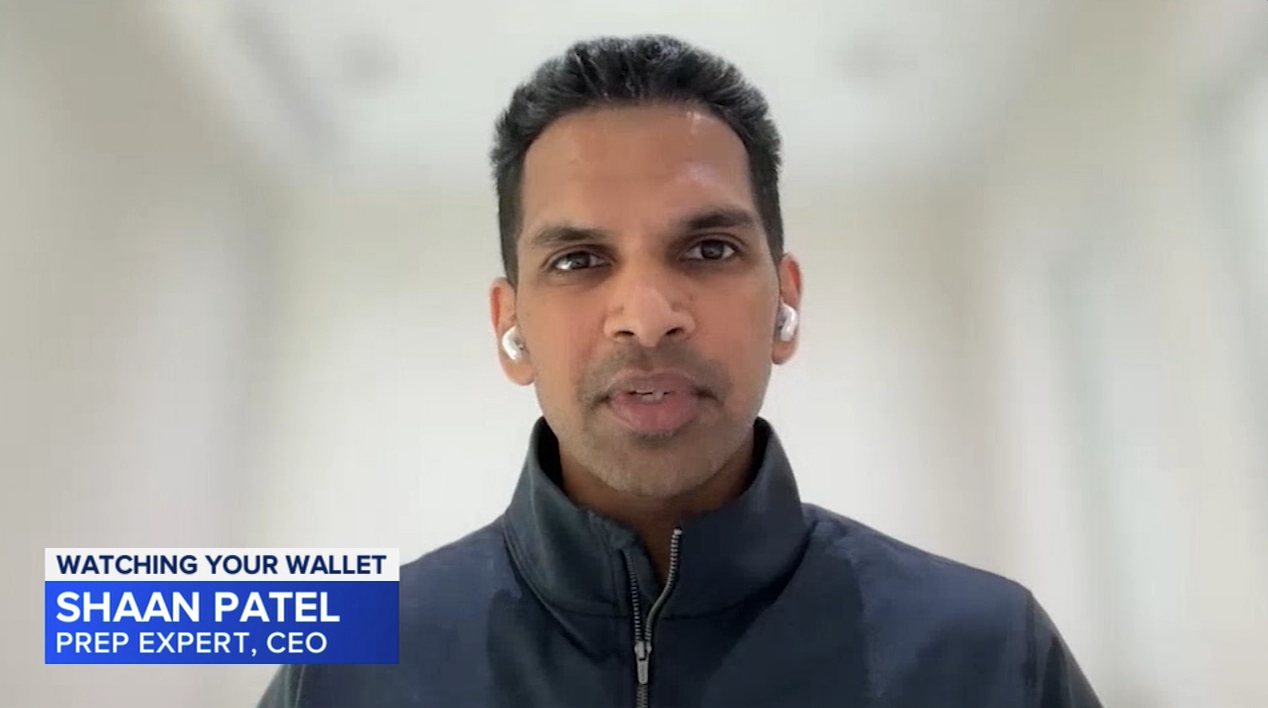Why DEI is Destroying Meritocracy and How MEI Can Save Us
In recent years, Diversity, Equity, and Inclusion (DEI) initiatives have become a cornerstone of many corporate and educational policies. While these initiatives aim to promote inclusivity and rectify historical inequities, they often conflict with the principles of meritocracy. As the Founder & CEO of Prep Expert, I advocate for a return to a system based on Merit, Excellence, and Intelligence (MEI) by both companies and colleges.
The Problems with DEI
DEI initiatives, by design, focus on group identities and demographic characteristics. These programs often involve quotas or preferential treatment based on race, gender, or other factors, which can undermine the principle of meritocracy. Here are some critical issues with DEI:
- Undermines Individual Merit: Research indicates that DEI policies can lead to hiring or admissions decisions that prioritize demographic characteristics over individual qualifications. For instance, a study by the Harvard Business Review found that many DEI initiatives fail to consider the importance of individual merit and performance, leading to potential resentment and division within organizations.
- Creates Division: Emphasizing group identities can foster division and resentment. Employees may feel that their achievements are devalued or that they are being unfairly categorized based on attributes over which they have no control. A report by The Conversation highlights that DEI programs can create an environment where employees feel divided along identity lines rather than united by common goals.
- Perpetuates Stereotypes: DEI can reinforce stereotypes by suggesting that certain groups need special treatment to succeed. This patronizing approach can undermine the confidence and perceived capabilities of individuals from those groups. Studies by MIT Sloan Management Review show that DEI practices can sometimes lead to employees feeling pigeonholed into specific roles based on their identity rather than their skills.
- Encourages Tokenism: In the rush to appear diverse, organizations might engage in tokenism, where individuals are chosen to fulfill diversity quotas rather than for their skills and potential. This practice can be detrimental to both the individuals selected and the organizational culture, workplace dynamics, and overall productivity.
The Case for MEI
Merit, Excellence, and Intelligence (MEI) provide a framework that emphasizes individual capabilities and achievements. Here’s why MEI should replace DEI:
- Promotes True Talent and Innovation: By focusing on merit, excellence, and intelligence, organizations and institutions can ensure that the most capable individuals are selected. This approach fosters an environment where innovation thrives, driven by those best equipped to contribute meaningfully. Research by Harvard Business Review confirms that merit-based systems enhance organizational performance and innovation.
- Fosters Fairness and Equality: MEI ensures that individuals are judged based on their abilities and achievements rather than their demographic characteristics. This principle aligns with the foundational values of fairness and equality, offering everyone a level playing field. Data from the Wharton School suggests that meritocratic systems lead to more sustainable and equitable outcomes in the long run.
- Encourages Personal Responsibility and Growth: MEI motivates individuals to strive for excellence and continually improve their skills. Knowing that merit is the primary criterion for success encourages a culture of personal responsibility and lifelong learning. This approach is supported by findings from HRD America, which indicate that employees in meritocratic environments are more engaged and motivated to perform at their best.
- Ensures Long-Term Success: Organizations and institutions that prioritize MEI are better positioned for long-term success. By building teams based on talent and intelligence, they can navigate complex challenges and seize opportunities more effectively. Case studies from Canadian HR Reporter illustrate that companies with merit-based hiring practices tend to outperform their peers in various metrics, including innovation and employee satisfaction.
To practically implement MEI in your organization, develop clear, objective criteria for hiring and admissions that focus on skills, achievements, and potential. This involves refining job descriptions, interview processes, and evaluation metrics to ensure they prioritize merit and excellence.
Transparency in decision-making processes is crucial. Organizations should openly communicate the criteria and processes used for hiring, promotions, and admissions to build trust and demonstrate their commitment to meritocracy.
Support MEI by investing in talent development programs that provide equal opportunities for all individuals to enhance their skills and advance their careers. This includes mentorship, training programs, and continuous learning opportunities.
The shift from DEI to MEI is not just a policy change; it’s a commitment to the principles of fairness, excellence, and true inclusion. By prioritizing merit, excellence, and intelligence, we can create environments where every individual is valued for their unique contributions and capabilities. This approach not only fosters innovation and success but also builds a more cohesive and motivated community.
As we move forward, let’s embrace MEI and champion a meritocratic system that truly rewards talent and hard work. In doing so, we will pave the way for a brighter, more equitable future in education and the workplace.
Dr. Shaan Patel, MD, MBA is the Founder & CEO of Prep Expert (winner of a Shark Tank deal with Mark Cuban), a #1 bestselling author, and a board-certified dermatologist.
Written by Dr. Shaan Patel MD MBA
Prep Expert Founder & CEO
Shark Tank Winner, Perfect SAT Scorer, Dermatologist, & #1 Bestselling AuthorMore from Dr. Shaan Patel MD MBA

Ivy League Applications: What Sets A Student Apart
Every year, tens of thousands of students apply to Ivy League schools. Only a small fraction receive an offer of…

The Student Loan Rules Just Changed—And Most Families Aren’t Ready
By Dr. Shaan Patel, CEO & Founder of Prep Expert® Student loans have always been complicated. But starting in…

Confidence Is the Hidden Score Booster No One Talks About
Most students think SAT® and ACT® success comes down to knowing more math formulas or grammar rules. That’s only half…
